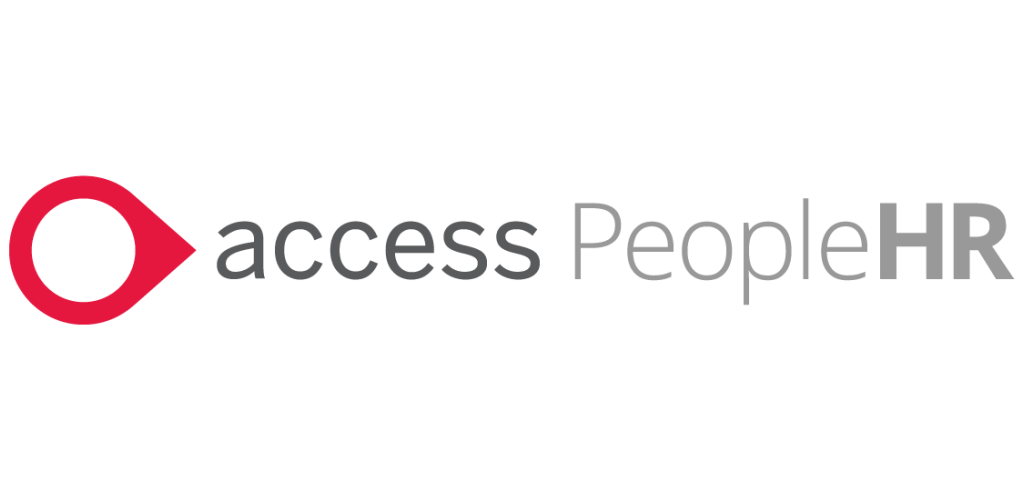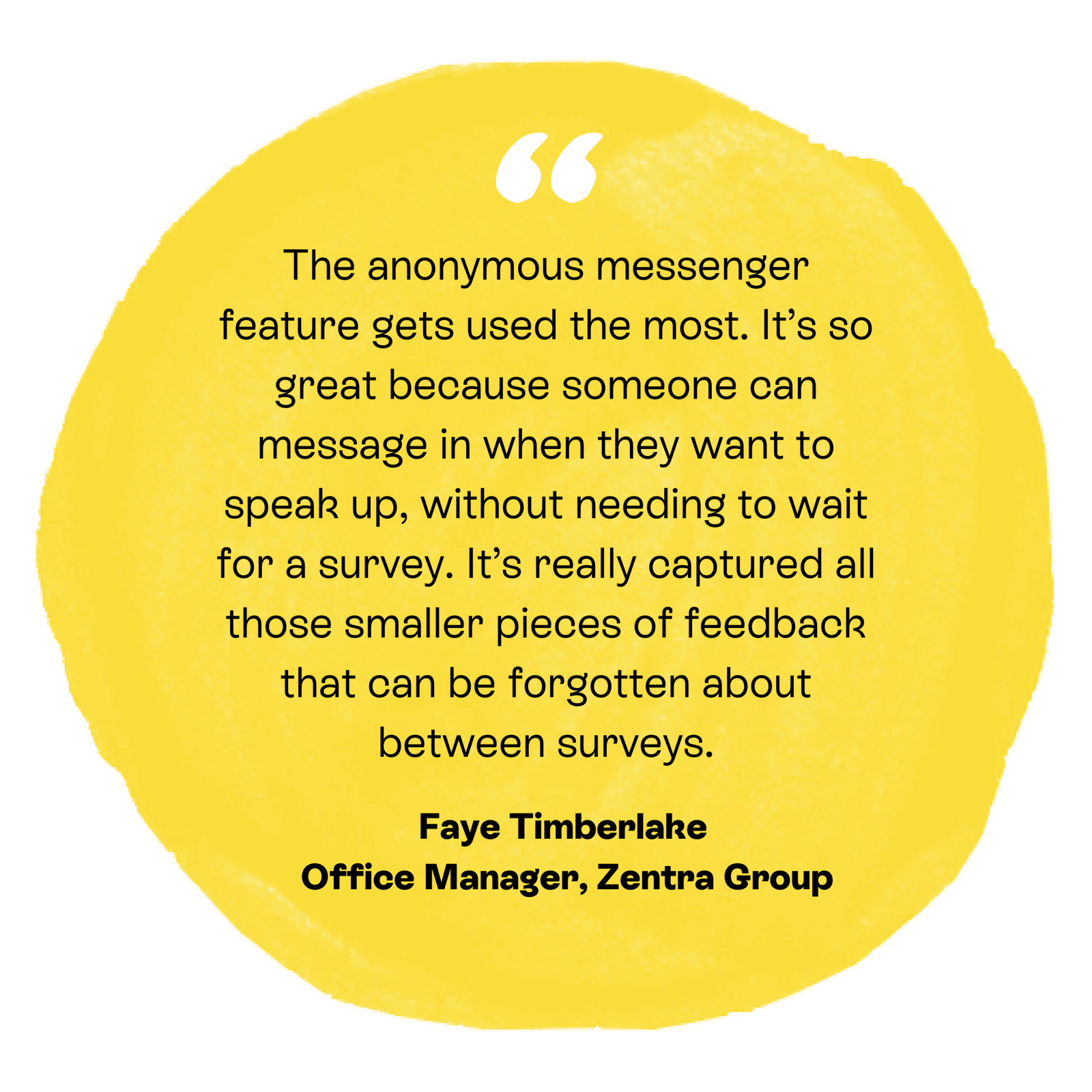We integrate with the UK's most powerful HR platforms





Our commitment
Over the years we’ve worked alongside our customers, their employees, and system admins to determine the way we manage anonymity.
Stribe’s commitment to anonymity protects employees first and foremost, and creates an environment of trust and respect that ultimately ensures that Stribe is used to its full potential – allowing feedback that is honest, authentic and detailed.

How anonymity works with each feature
Surveys 📝
Admins only ever receive feedback, never employee identities.
Admins can segment responses into demographic groups – such as departments and locations – but we restrict segmentation of results to a minimum number of five responses to ensure anonymity is maintained even during data processing.
We also support employees to provide feedback with a neutral tone of voice with unique features like Word Tiles.
Messages 💬
All communication sent on the Messenger feature is totally anonymous.
If an admin of the system is concerned about a message an employee has sent, they may request to reveal the employees’ identity. However, the power to respond to this request remains with the employee and they choose whether to approve or decline the request.
Shout-outs 📣
Shout-outs is the only feature within Stribe where names can be displayed – if an employee chooses to do so.
Privacy always remains in the employees control, so Shout-outs can be sent confidentially or publicly if they wish. The sender and receiver can choose whether or not to display their Shout-out on the organisation’s Shout-out wall.
Admins on the system have an overview of all Shout-outs sent, and can delete any should there be a need to.
Reporting 📊
It is impossible for admins to ever see the identities of employees in any kind of reporting – including when data is exported into spreadsheets.
Employee feedback is combined with all colleagues, and segmented survey data will not be displayed until a minimum of five responses have been received.
*We will not tolerate any illegal or abusive comments on the system, this includes those threatening abuse, discrimination, harassment, violence or other criminal offences.
If a system admin contacts us and notifies us that they have received a message that requires us to reveal the sender’s identity then we will review the message and work with the organisation to reveal the user should there be a case for it.






